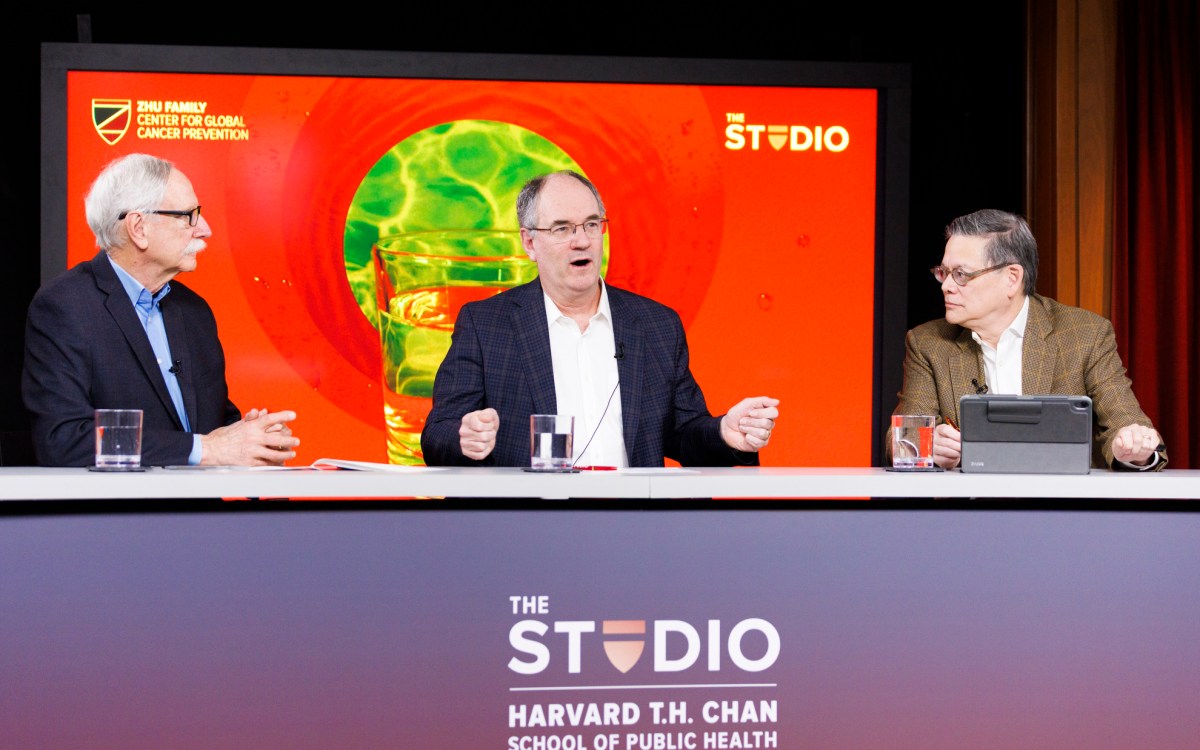Researchers shed light on myotonic muscular dystrophy
Disease affects nearly 40,000 people in U.S.
Research by scientists at Beth Israel Deaconess Medical Center (BIDMC) helps to explain the wide range of signs and symptoms associated with myotonic muscular dystrophy (MMD). The findings appeared in the Dec. 4, 2003 issue of Science Express, the advance online edition of the journal Science. “Typically in genetic diseases, a mutation affects a single protein, resulting in a predictable range of findings,” explains physician-investigator and senior author Richard Junghans of the Division of Hematology-Oncology at BIDMC. “In contrast, it has become clear over the past several years that no such simple explanation could account for myotonic dystrophy, which exhibits diverse effects, not only in the muscles, but in many other organs as well.” The study’s new findings show that the single genetic flaw of MMD can concurrently disturb many proteins in cells throughout the body. This, says Junghans, could potentially underlie such symptoms as muscle weakness, myotonia (difficulty relaxing muscles), premature balding, cataracts, digestive and gynecological abnormalities, heartbeat irregularities and mild to moderate neurological dysfunction. This study was funded by grants from the Muscular Dystrophy Association and the National Institute for Arthritis, Muscle and Skin Diseases of the National Institutes of Health.





